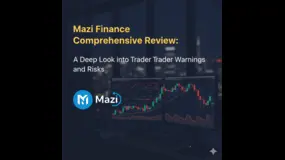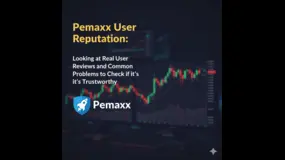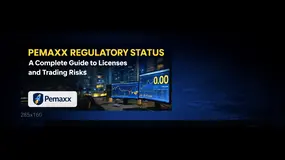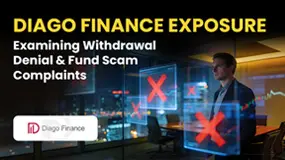Abstract:CFD trading has become the most prevalent form of forex trading across the globe. Forex traders in Nigeria are predominantly attracted to CFD trading due to the juicy leverages offered by brokers for trading all the financial instruments as CFD. While CFD trading could easily help traders to multiply their profits using small capital. Yet the risk involved in using high leverages in CFD trading must never be neglected. Just as one could gain huge profits from CFD trading, he can lose as much - not excluding losing his entire trading capital. Forex traders are expected to understand the risk involved in CFD trading before taking positions in the market. This work is a useful guide for all forex traders to understand the risk involved in CFD trading.
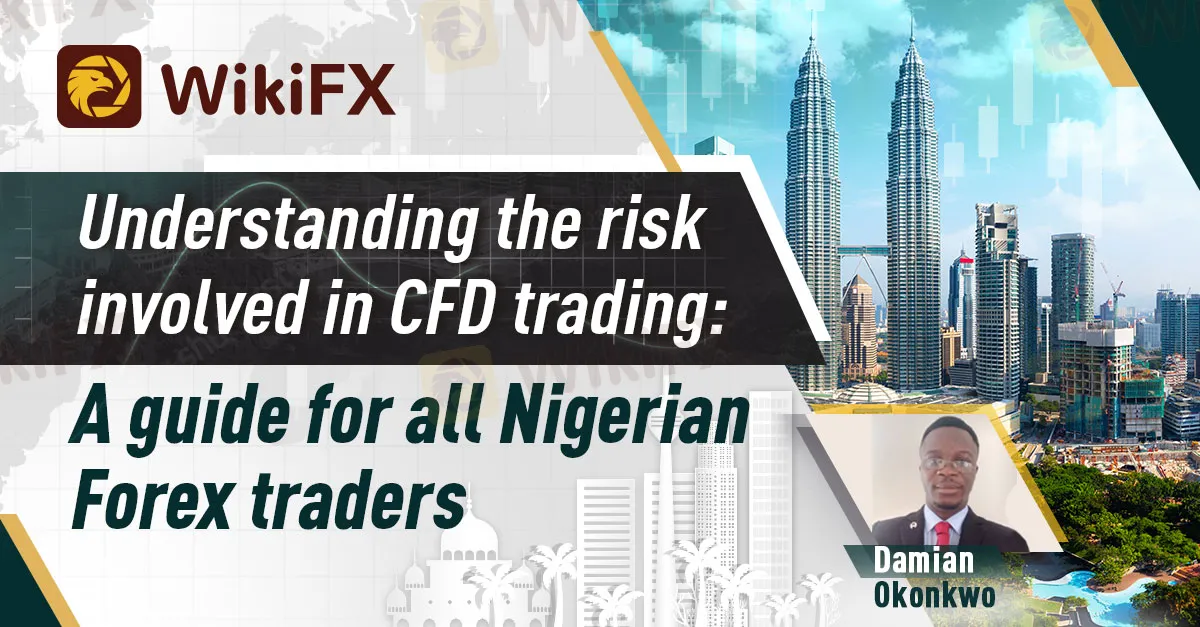
What is CFD trading
CFD trading is one of the ways of trading the forex market which allows traders to speculate on the price movement of the various pairs traded in the forex market without owning the underlying assets. The term CFD is an abbreviation for “Contract for Difference”. This means that the trader enters into a contract with the broker to receive as his returns the difference in the value of the purchased assets, from his entry to exit position. As we know, CFD trading is a leveraged form of trading which makes it very attractive to investors who are desirous to make huge profits using small capital. Often the leverage could be as high as 1:500. This means that one with only $100 as his initial capital can take a position equal to one using $50, 000.
Advantages of CFD trading
Leverage offered: The major advantage of CFD trading which is equally the basic reason why traders are attracted to it, is the high leverage advantage offered by brokers for trading. Often the leverage offered by brokers for trading CFDs could be as huge as 1:500.
Stamp duty is not charged: There is no stamp duty charged by the government for CFD trading. This is because there is no ownership of the underlying assets and therefore brokers do not have to include stamp duty on their service fee for trading CFDs.
What are the risks involved in CFD trading?
There are so many risks associated with CFD trading. We have exposed them below:
No ownership of assets: There is no legal ownership of assets purchased as CFD. This means the trader only stakes his money for an expected price target in which case he loses his money if the market prices goes the other way round.
The loss could exceed one's capital: The big lotsize used by CFD traders endangers their capital. Thus, in cases of high market volatility, the loss could exceed one's capital leading to a total loss of assets.
It is a speculative form of trading: CFD trading could be likened to gambling. This is because the positions taken are largely speculative. None is sure of the next market movement. Traders are merely guessing and taking positions hoping that the market movement favors them.





